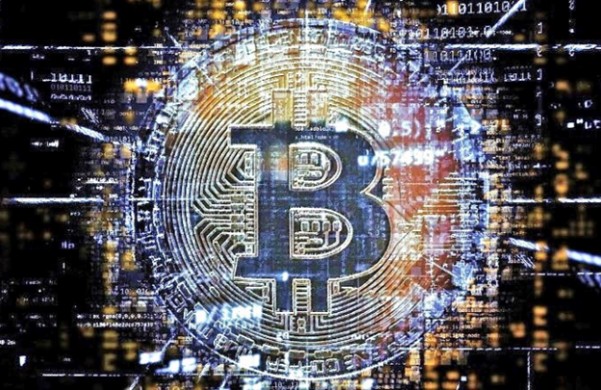Currently, there are several virtual currency exchanges in countries. You can buy and sell Bitcoin by opening your account on the trade and depositing Japanese Yen into your Bitcoin account, just like sending money from a bank and storing it in a securities account. The price of buying and selling is determined by the rate at that time and the exchange rate. Bitcoin is priced 24 hours a day, 365 days a year, like exchange rates, so when you trade Bitcoin on an exchange, you can do it whenever you have assets in your account.

The amount that can be traded depends on each exchange, and the amount of personal information passed to the exchange. This is to prevent money laundering and inappropriate transactions, and the higher the amount of personal data passed, the greater the degree of freedom in transactions. Many domestic exchanges are currently free of transaction fees and are available for leveraged transactions. Compare the services offered by each exchange and find the one that suits you. Also, if you don’t use the bitcoin after you get it, move it to your hardware wallet or paper wallet, and avoid the risk of hacking.
Get from Peer to Peer
Unlike electronic money, bitcoin can be easily transferred from person to person. If you have a person who has Bitcoin nearby, you can hand over the cash to the person and exchange it for Bitcoin at a rate that both parties agree with. There is also a service that matches the people who want to exchange, although it is used in English. In this case, download the smartphone application bitcoin wallet in advance. Most wallets can be downloaded for free from sites like bitcoin up
When making a peer-to-peer transaction, it is essential to decide how much to exchange and make sure that you have received Bitcoin. Whether or not a Bitcoin transaction is completed correctly is based on the number of approvals that the wallet displays immediately after the transaction. In principle, you can use Bitcoin after receiving the first approval, so make sure you have at least this first approval. Most wallets consider a transaction complete when 4-6 permissions are given.
Get Bitcoin for free in games and more
Currently, there are some games where you can get a small bitcoin for free. For details, see the related article below, but even if you are new to playing Bitcoin while playing games such as Sartovi, Game of Bird, Bitcoin Alien, and Takara, the hurdle is low.
Get as a reward by mining
Finally, as a special edition, he will introduce a method called mining, although it may not be realistic because it is difficult for beginners. Bitcoin is based on the calculation work for confirmation/recording for establishing the transmission/reception of bitcoin called mining. If you do this, you can get Bitcoin as a reward.
Confirmation/recording for establishing transmission/reception of bitcoin called mining. If you do this, you can get Bitcoin as a reward.
This calculation uses a high-performance computer and consumes a considerable amount of electricity, so it is said that there is no prospect of profitability even if mining is currently performed in countries. The editorial department has also tried it before, so please refer to the following article.
Related article Challenge mining
So far, they have introduced some ways to get Bitcoins, from standard to slight maniac. Bitcoin seems challenging and confusing at first glance, but getting it once and using it somewhere is the most understandable. He would like you to select the most suitable acquisition method while paying attention to each merit and demerit.
Bitcoin, a cryptocurrency using blockchain and the first example of this kind of decentralized payment method, appeared in 2009. But for the first five years, it didn’t get much attention except by the enthusiastic supporters and experts who made Bitcoin the future money.
However, there was a group that felt strongly about the high anonymity of Bitcoin. That is a cyber-criminal. Bitcoin is the dark web used to trade invisible products and services. Bitcoin has become the standard currency used by ransomware attackers to demand ransom in exchange for encrypted files and systems.

 Hot Features
Hot Features











